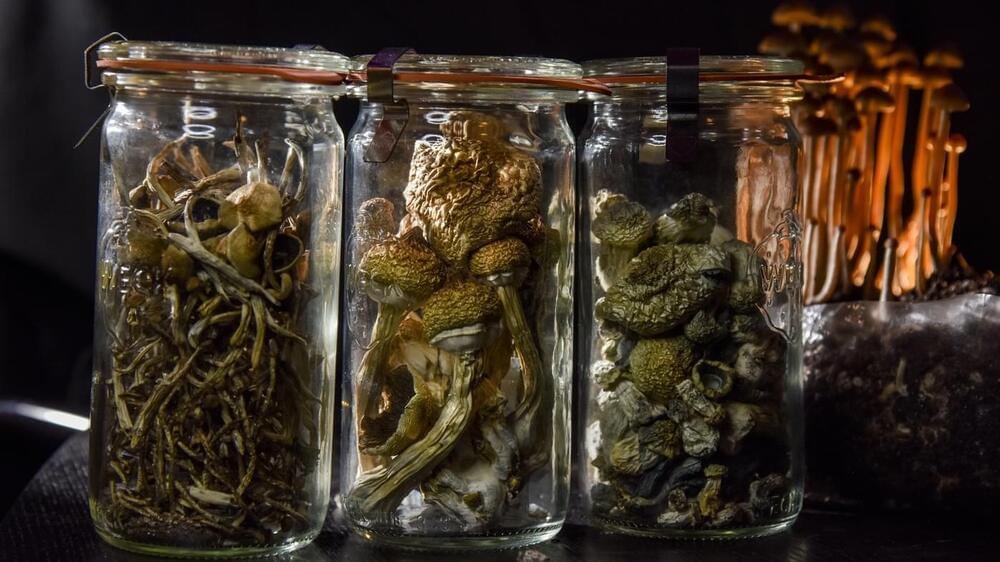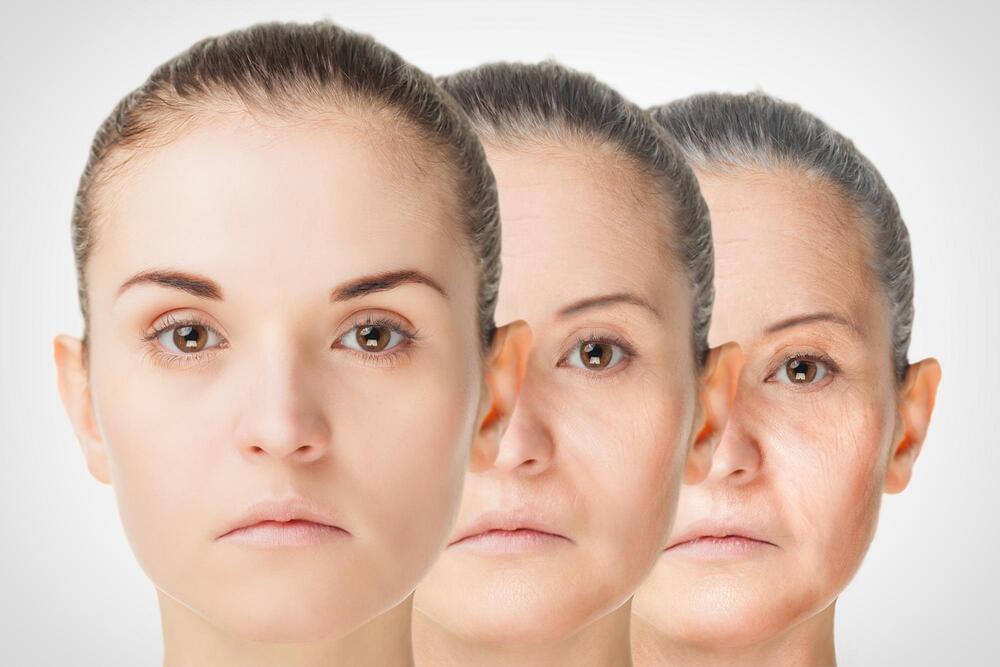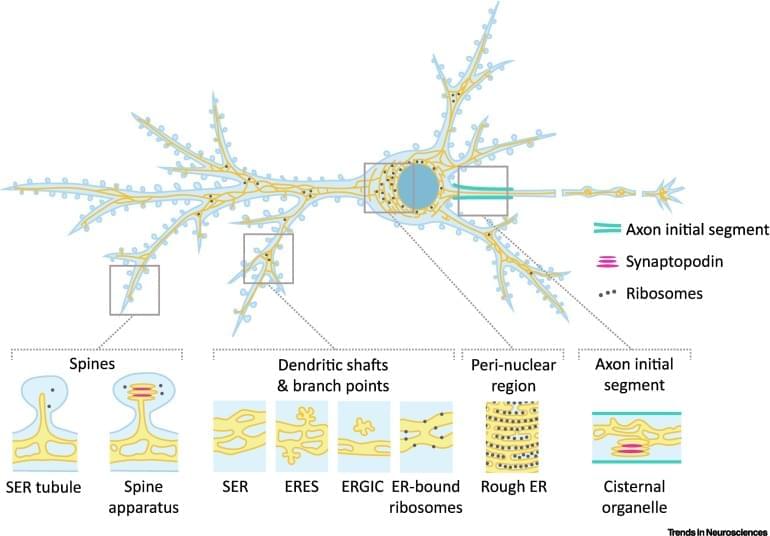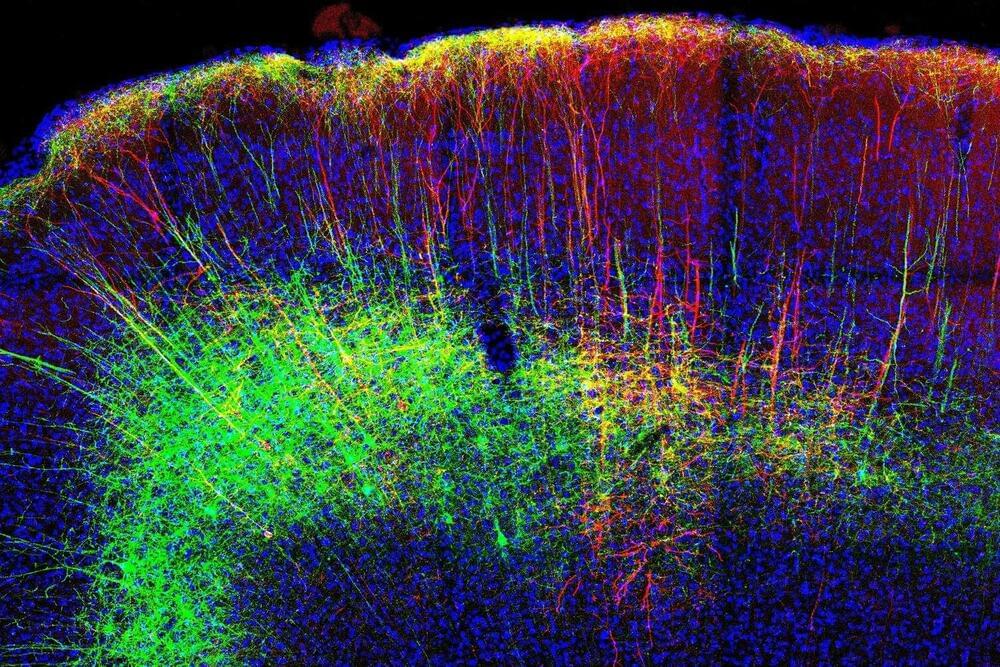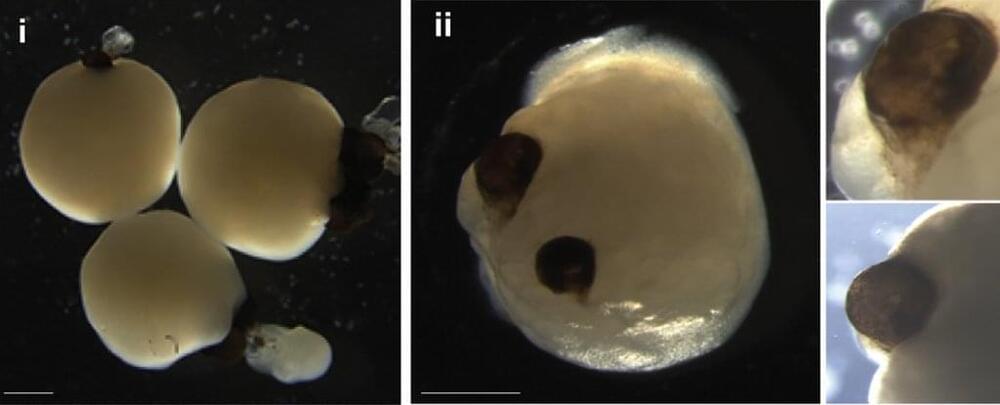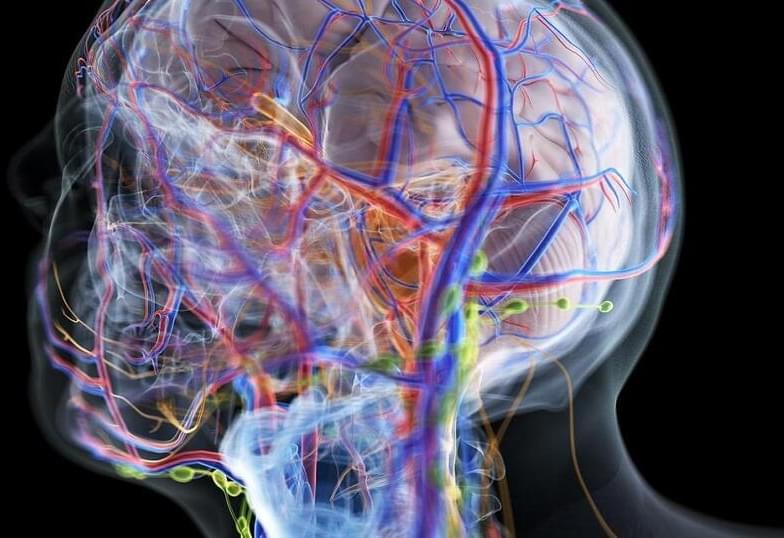The College of Psychiatrists of Ireland Evolution and Psychiatry Special Interest Group welcomed Dr Randolph M Nesse to present a talk titled “Why hasn’t natural selection eliminated mental disorders: Knowing the five reasons improves clinical care as well as research” during their meeting on Friday, 4 February 2022.
The Special Interest Group is open to all College members and Psychiatry trainees.
Keep up to date on all College events on the CPsychI website: https://www.irishpsychiatry.ie/all-events/
